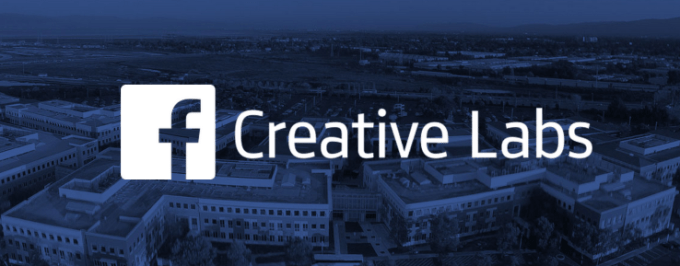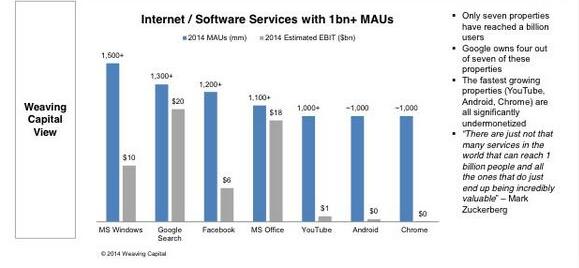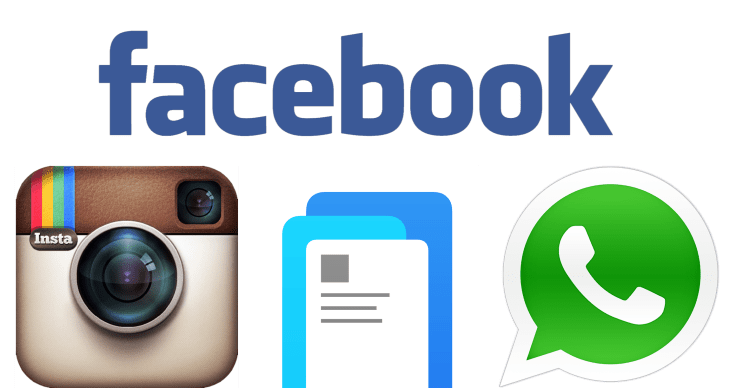Facebook plans to launch more standalone apps, and today on its Q1 earnings call, Mark Zuckerberg laid out a blueprint for picking which ones to throw the company’s weight behind. First, its Creative Labs initiative will build apps with specific purposes. If they resonate with users, Facebook will push to grow them to 100 million users. If that succeeds, only then will it try to earn money off them.
Zuckerberg said “We’re pleased with the initial reaction to Paper,” the first app from Facebook Creative Labs. The company is still actively refining the Paper product, hoping to polish it before potentially using Facebook’s core app and site to promote the standalone, design-focused feed reading app.

Facebook will use a similar plan for its acquisitions Instagram and WhatsApp. Zuckerberg says the current priority for these two companies is growth, not monetization, even though Instagram recently started showing its first ads.
This roadmap will take a long time to play out. Zuckerberg said that Creative Labs apps “will probably take a few years” before they get to the stage of WhatsApp and Instagram, “which themselves are still years away from being big important businesses.”

Chart from Weaving Capital and Chamath Palihapitiya
Why the focus on growth first? Because monetizing too early can scare off users. If an app can hit a huge user count, network effects kick in to make it more useful and fend off competitors. In the case of WhatsApp, there are plenty of international messaging apps still vying to replace SMS. Rather than nickel and dime users now and increase the risk of stagnation or losing the war, Facebook wants to earn dollars later by concentrating on getting these apps to massive scale.
This is all further proof that Zuckerberg and Facebook are not concerned with short-term growth and are definitely playing the long game. The share price declined when Facebook bought Oculus, the front runner in virtual reality, because it doesn’t earn any money now. But Zuckerberg envisions VR as one day becoming a critical computing platform and a huge business, so he’s willing to spend the money on it now.
On the investor call after the Oculus acquisition was announced, Zuckerberg said “There just are not that many services in the world that can reach a billion people, and all the ones that do just have to be incredibly valuable.” Right now, Google controls four of the (at least) seven services that are that popular: Google, YouTube, Chrome, and Android. Facebook wants more of its own.

